If it seems as though election season is getting a little longer each time around, that’s because it is. The journey from exploratory committees through the primary season and the general election is now a two-year investment. That’s two years of fundraising, stump speeches, constant travel, continual media coverage and all the hassles of campaign life, for an office whose term is only twice as long. This political marathon is the new test of a potential American president, but it hasn’t always been this way.
Simply put, the U.S. presidential election process is the longest and most expensive in the world, and each round it gets a little longer and more expensive. But what is driving this expansion? Is there really a benefit to getting out there so early? There seems to be, at least up to a point, some advantage to hitting the campaign trail early, but doing so is by no means a sure thing. The first candidate to announce this season was Ted Cruz, a full 596 days before the election, and we all know how that turned out.
Perhaps revealing some strategic value in waiting longer, Hillary Clinton waited until 576 days before the election bid this round, nearly 100 days later than she announced in the previous cycle. The new norm is for candidates to announce within 500-600 days before the election. To illustrate how quickly election seasons are expanding, consider that Bill Clinton announced his candidacy only 397 days before the election, and a few decades earlier it was almost unprecedented for a major candidate to announce before the year of the election.
The growing length of the election process is largely the result of the revamped primary process, particularly on the Democratic side. As state primaries and caucuses came to replace insider politics and backroom deals as the norm for choosing candidates, each state began to vie for significance. Spreading out the primary season gives each state more meaning to the campaigns and garners every state a little special attention.
Whether longer campaigns are good or bad is still a question for history. Longer campaigns are definitely more expensive, and it is not uncommon for the electorate to get election fatigue after hearing the same stump speeches and talking points for two years. But the longer a candidate is in the public eye, the more likely that any hidden factors will be revealed and each candidate will be thoroughly vetted before the ride is over. At the very least, the long campaign is a suiting initiation for any candidate into the world of sustained pressure that is the American Presidency.
Raise The Money wants to know what you think? Are U.S. presidential elections too long? What benefits or weaknesses do you see in longer campaigns? Whether your campaign strategy is for two years or two weeks, Raise The Money has the tools you need to keep the cash flowing for the duration. Check out our previous blog posts for tips on raising funds for your campaign and feel free to pass along any questions.
